Professional Excellence since 1979
Esprit is not one of those reseller agencies that simply farm out translation work, often to very cheap and non-qualified translators, and then pass on the flawed work to unknowing clients with no professional control or valued-added effort. Founded in 1979, Esprit is owned and operated by multilingual translating professionals on site who have over 40 years of experience in the professional translation market.
A major advantage Esprit International offers is our systematic proposal for thesis approach to quality control in translation, using translator teams who share in the development of specialized industry-specific and client-specific terminology lexicons for our translation projects. This ensures a much higher level of consistency in the work overall. In fact, Esprit has developed literally thousands of databases over the years and has also been a developmental partner in terminology management with software companies. This distinguishes Esprit from its competitors by ensuring an intelligent, consistent translation product customized to both the industry and the client. Esprit’s clients know they can count on the consistency and quality of work over the long term – and we keep our clients!
Resellers in this industry generally have some experience with a couple of languages, mainly from their own cultural roots, but they are not professional translators who have formal studies and training in their background. These resellers take the work of external translators, mark it up and pass it on to the clients. There is no value-added aspect to their business and they don’t even get involved in the content. Contrary to their advertising claims, they do not invest time or money in the art of translation or in building proper translation teams and systems. They do not pay extra to ensure quality control of the work and they avoid using certified and diplomed translators which cost more; they use the cheapest translator source possible in order to boost their profit margin.
Unfortunately, nowadays with the Internet, anyone can get “Quebec” translations performed in China (Chinese and French are one of the worst language combinations) or “Mexican” Spanish from India or Portuguese from Argentina! The translator they claim to be “designated” to your account will change from project to project, or worse: from paragraph to paragraph, depending on the cheapest available source of the moment. Therefore, no consistency whatsoever can be achieved for a client’s account – the work is spread around piecemeal to a variety of cheap sources then reassembled much like a patchwork quilt.
This modus operandi for producing dirt-cheap translations is guaranteed to come back and haunt those who succumb to the temptation of the lowest price and who do not research adequately their language an effective writer suppliers. Caveat empteor! The client has no guarantee of professionalism with these resellers who are simply in the business of making money. Translation is not their vocation. In contrast, for professional translators like those of us at Esprit, it is our raison d’être, a labour of love. TOP
Biography: Judith Gauthier, M.A. – President
Esprit’s President and Founder Judith Gauthier is a Senior Translator and Revisor in French, English and Spanish with over 40 years’ professional experience in the Montreal and Toronto markets. Educated in Québec with an M.A. in French Literature and Linguistics, from McGill University. Mme Gauthier also studied at La Sorbonne in Paris, the University of Ottawa and the Université de Montréal. Her earliest professional training was in finance, engineering, oil & gas, mining, public relations and … Formula 1! Before founding Esprit in 1979, she worked with Canada NewsWire and also taught translation at Ryerson. Her areas of specialization in translation are finance, management, legal, chemicals, toxicology, marketing & advertising, nuclear energy, oil & gas, mining, the environment, film and video writing, as well as video studio production. TOP
Esprit, Your Reliable Language Ally
Our clients are often amazed at our ability to meet and even beat those pesky deadlines! That’s because Esprit has developed systematic work processes to ensure quality control with a consistent, intelligent approach to translation. At Esprit International, our mandate is to help our clients avoid the pitfalls of cultural misunderstandings in foreign markets and not become the subject of International Marketing Blunders, such as the bloopers on the Lost in Translation Page of our website! (Click here to go to the Lost in Translation Page) When the pressure is on, you need a reliable supplier and ally who can adapt and work with you to produce the impossible! (Click here to go to Warm Words from clients…) At Esprit, we are committed to the role of linguistic ally for our clients, empowering them to communicate effectively around the globe wherever their business takes them – South America, Europe, Scandinavia, Asia, The Middle East – by ensuring top quality translations at competitive rates – cheerfully, on time and on budget! TOP
Did You Know? – Language and Cultural Trivia
- Over 41,000 languages and dialects are spoken in the world (6,800 are considered to be “main languages”).
- Numerous studies have revealed that in every country, native-speakers use only about 2,500 distinct words and phrases on a daily basis.
- What is the most difficult language to learn? Some say Chinese; others say Arabic, Polish, Finnish or English!
- There is a language called Lesbian! It was an Aeolic dialect of Ancient Greek spoken in Lesbos.
- French figures: Between 70 and 99, counting in French becomes complex or simplified, depending on your perspective: the number 80 translates as “four twenties”; 92 translates as “four twenties and twelve”; 99 translates as “four twenties and nineteen”.
- Easy ABCs? The Korean alphabet (Hangul) has been called the easiest alphabet to master in the world. Invented by King Sejongg in 1443, it comprises 24 characters (14 consonants and 10 vowels).
- Arabic, a Semitic language spoken across North Africa and the Middle East, is the 4th or 6th most spoken in the world, one of six official languages used at the United Nations and the holy language of Islam and the Qur’an. Arabic script is the 2nd most used script in the world.
- The Georgian language, spoken in Georgia (between Turkey and Russia), has a beautiful script. In contrast to so many other languages, “mama” in Georgian means father and “deda” means mother.
- Going from bad to worse in Guatemala (Spanish Proverb): Saliste de Guatemala y te metiste en Guatapeor. You left Guate-bad and went to Guate-worse.
- Mi’kmaq (Micmac) is an Algonquian language spoken by 8,000 native habitants in the Canadian Maritime provinces. The name comes from a word in this language meaning “my friends”. Good for tourism!
- Spanish is the fastest-growing language market in the Western Hemisphere. Hispanics must indeed be excitable people since question and exclamation marks function as brackets on both sides of the clause, opening with inverted symbols: ¿? around questions and ¡! around exclamations. Both ¡exciting! and ¿mysterious?
- German is one of the most inventive languages, constantly creating new and colorful words by stringing words together. Example of such creative compound words (not always hyphenated for easy deciperhing): Nasenspitzenwurzelentzündung – means ‘inflammation of the root of the tip of the nose’, and comes from a cautionary tale for children.
- Congo word ‘most untranslatable’: The world’s most difficult word to translate has been identified as “ilunga” from the Tshiluba language spoken in south-eastern DR Congo. Ilunga means “a person who is ready to forgive any abuse for the first time, to tolerate it a second time, but never a third time”.
- The second most difficult word to translate in the world is shlimazl, Yiddish for “a chronically unlucky person”.
- The third most difficult word to translate in the world is Naa, used in the Kansai area of Japan to emphasise statements or agree with someone.
- The wordiest language in the world! Chinese computerized fonts for word processors include 6,500 characters for the simplified form (used in China) and 13,500 characters for the traditional form (used in Hong Kong).
- The measure of literacy for the Chinese language: Children in China have to master the basic 2,000-3,000 characters; most Chinese dictionaries have about 50,000 characters.
- Friendliest people on earth? Fijians are called some of the happiest, friendliest, most hospitable people to be found on the planet. They laugh as much or more than any culture and most lead simple, stress free lives with a high value placed upon spending time with family and loved ones.
- The Seven Wonders of the Ancient World: The Great Pyramid of Giza, The Hanging Gardens of Babylon, The Temple of Artemis at Ephesus, The Statue of Zeus at Olympia, The Mausoleum at Halicarnassus, The Colossus of Rhodes, The Pharos of Alexandria.
- The tallest building in the world is Toronto, Canada’s CN Tower at 1,815 ft. (finished in 1976). The second tallest is the Taipei 101 tower in Taipei, Taiwan at 1,670 ft. (2004); the two Petronas Towers in Kuala Lumpur, Malaysia 1,483 (1998) come in third place.
- The oldest spoken language in the world – unknown precisely; very many will say Tamil, Sanskrit, Chinese, Jomon, or some exotic African language.
- The oldest written language in the world – dead languages: Sumerian or Egyptian from around 5200 years ago; non-dead languages, Greek and Chinese from around 3500 years ago.
- The most widely spoken languages in the world (according to one source): 1. Mandarin: 1 billion+ speakers. 2. English: 508 million speakers. 3. Hindustani: 97 million speakers. 4. Spanish: 392 million speakers. 5. Russian: 277 million speakers. 6. Arabic: 246 million speakers. 7. Bengali: 211 million speakers. 8. Portuguese: 191 million speakers. 9. Malay-Indonesian: 159 million speakers. 10. French: 129 million speakers.
- Say “hello” in Mandarin: “Ni hao” (Nee HaOW); in Hindustani: “Namaste” (Nah-MAH-stay); in Spanish: “Hola” (OH-la); in Russian: “Zdravstvuite” (ZDRAST-vet-yah); in Arabic: “Al salaam a’alaykum” (Ahl sah-LAHM ah ah-LAY-koom); in Bengali: “Ei Je” (EYE-jay); in Portuguese: “Bom dia” (bohn DEE-ah) in Malay-Indonesian: “Selamat pagi” (se-LA-maht PA-gee); in French: “Bonjour” (bohn-JOOR).
- Albert Einstein: Only two things are infinite, the universe and human stupidity, and I’m not sure about the former.
- Victor Hugo’s Les Miserables contains one of the longest sentences in the French language – 823 words without a period.
- The origin of the word “checkmate” comes from a Persian phrase “Shah Mat”, which means “the king is dead”.
- The world’s largest alphabet is Cambodian, with 74 letters (for ideograms, not letters, the Chinese win hands down).
- The “O” when used as a prefix in Irish surnames means “descendant of”.
31 Famous Landmarks – Answers to our Homepage Challenge
- Statue of Liberty – New York, USA
- Statue of Christ over Rio de Janeiro, Brazil
- St. Petersburg Cathedral, Russia
- The Great Pagoda /Gold Pagoda or Chedi, Thailand
- Windmill, Holland
- Laughing Buddha / Hotei,- China/Japan
- Stonehenge, England
- Tower of Pisa, Italy
- Roman ruins at Jerash, Jordan
- Niagara Falls (Horseshoe Falls), Ontario, Canada
- Parthenon – Greece
- CN Tower, Toronto, Canada
- Bullfighter, Spain
- Macchu Pichu, Peru
- Medina Mosque, Saudi Arabia
- Top of Buddhist Temple, Tibet
- Dome of the Rock, Jerusalem
- Aztec Pyramid, Mexico
- Orthodox Cathedral, Russia
- Temple of Heaven, Beijing, China
- Taj Mahal, India
- Azay-le-Rideau Castle/Château, Loire Valley, France
- Temple of Zeus (interior), Olympia, Greece
- Japanese boat gate – Japan
- St. Basil’s Cathedral in Moscow (Red Square), Russia
- Terra Cotta Warrior, Xian, China
- The Little Mermaid, Copenhagen, Denmark
- Royal Castle of Warsaw, Poland
- The Colisseum, Rome, Italy
- Tower of Babel, Ancient Babylon
- Eiffel Tower, Paris, France

.jpg)
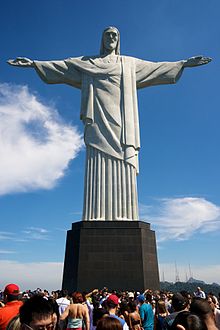
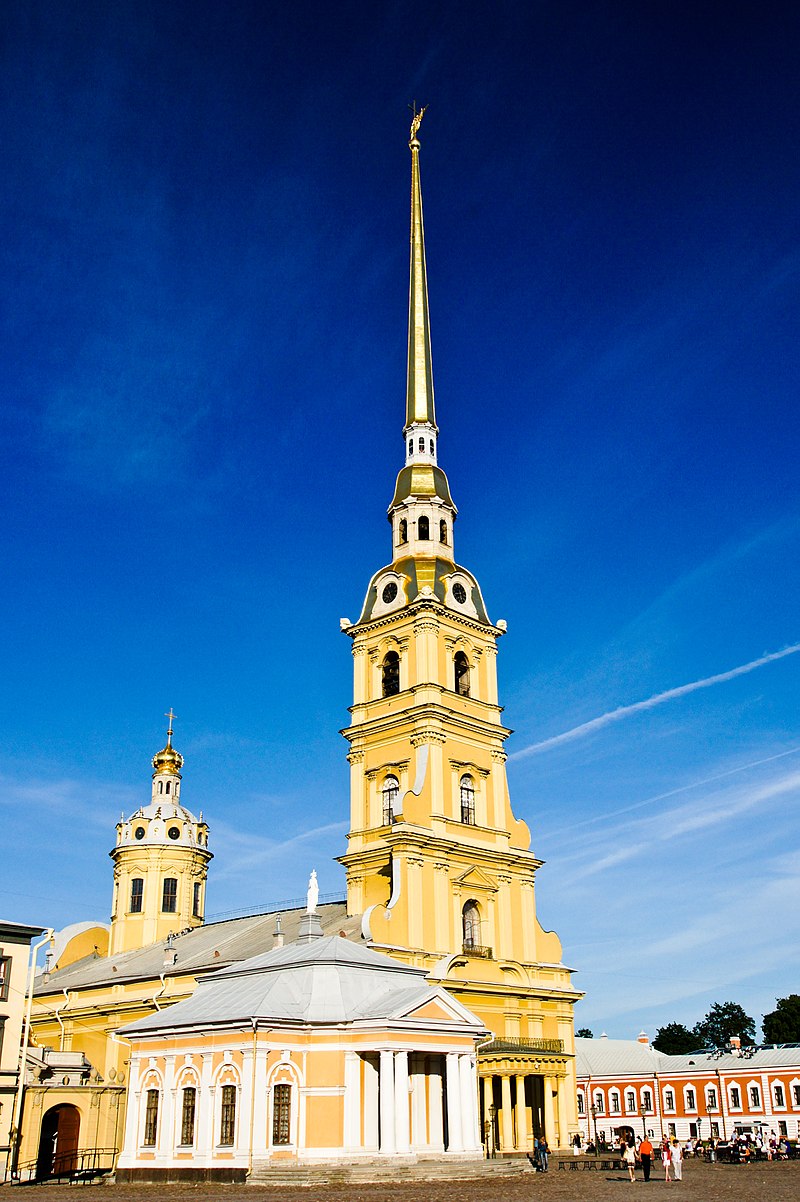
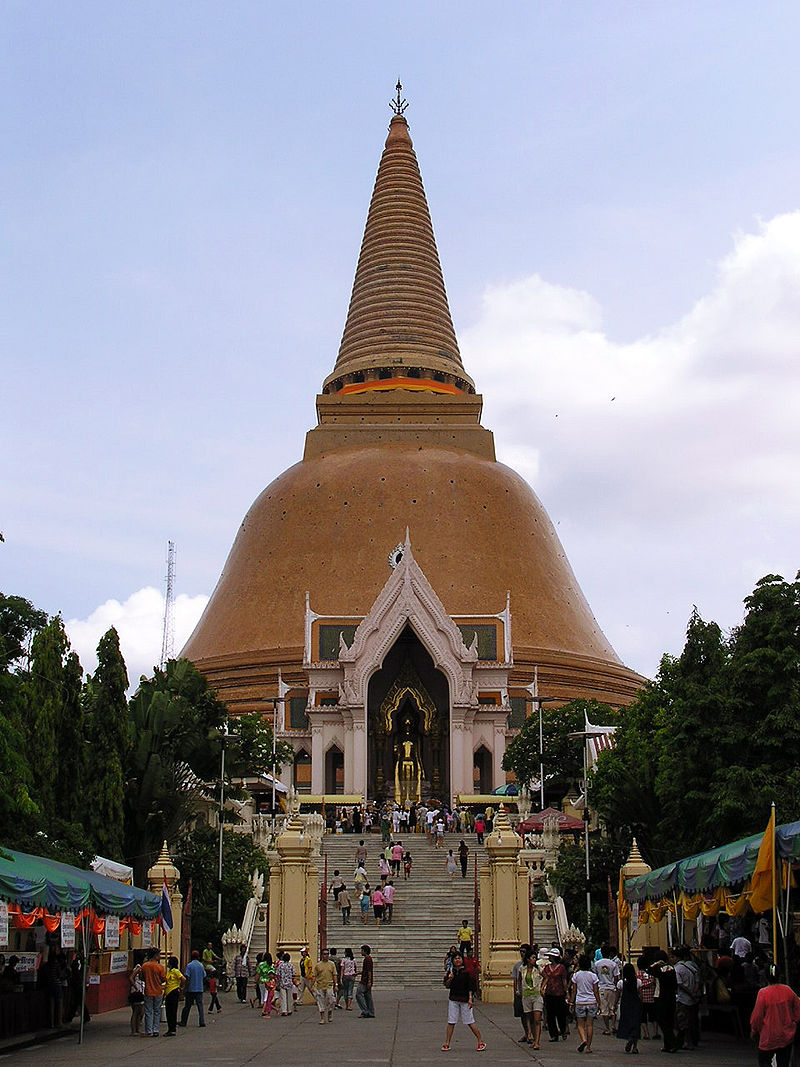
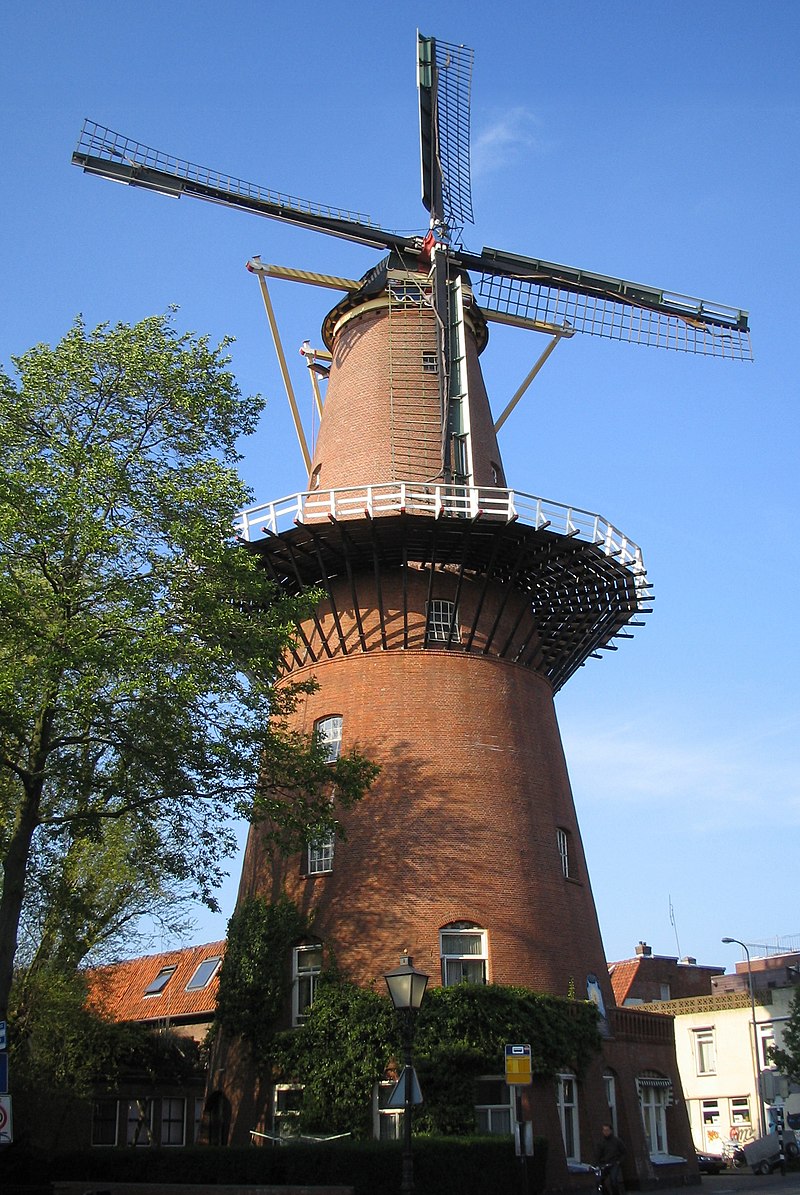
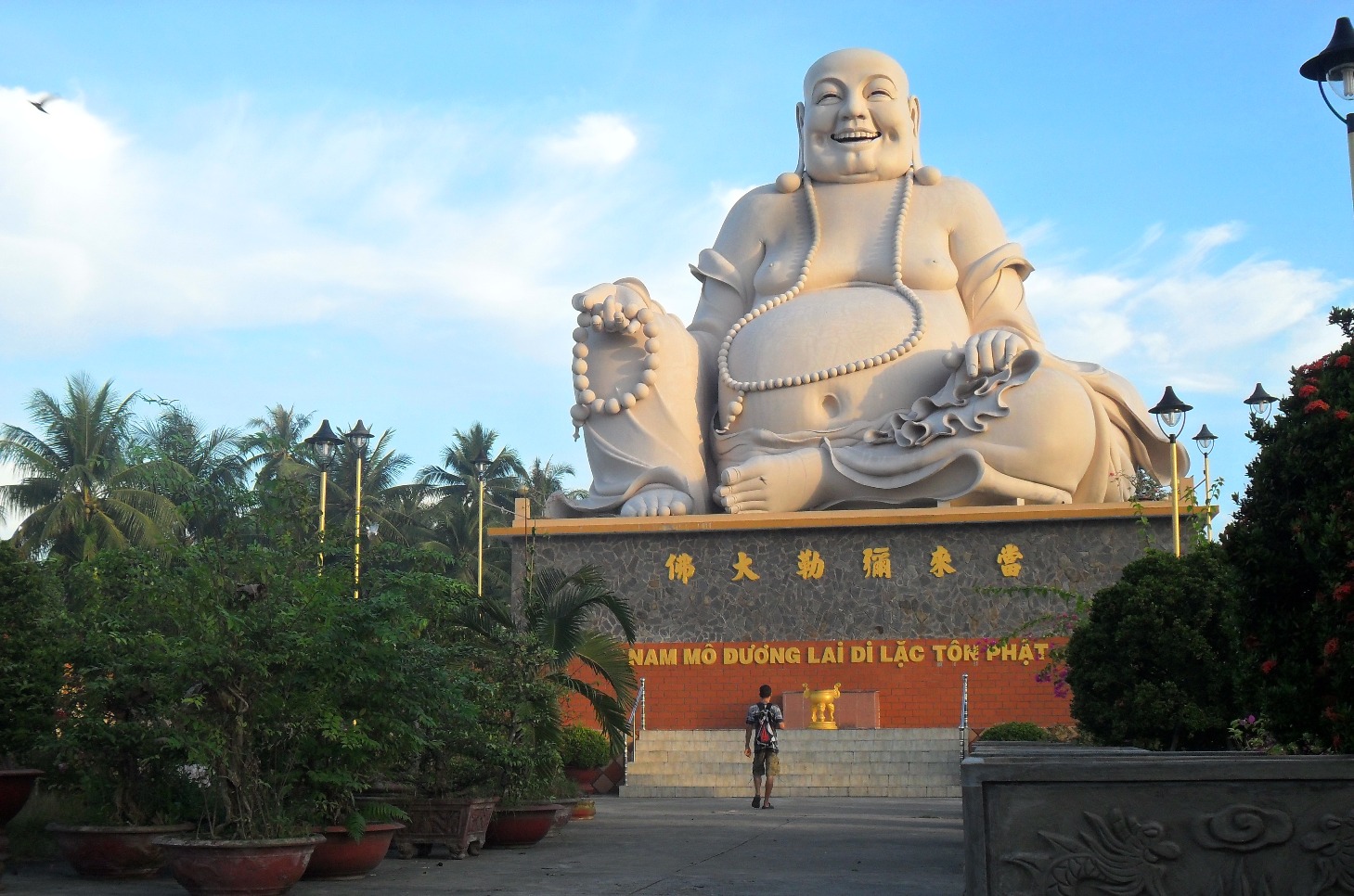
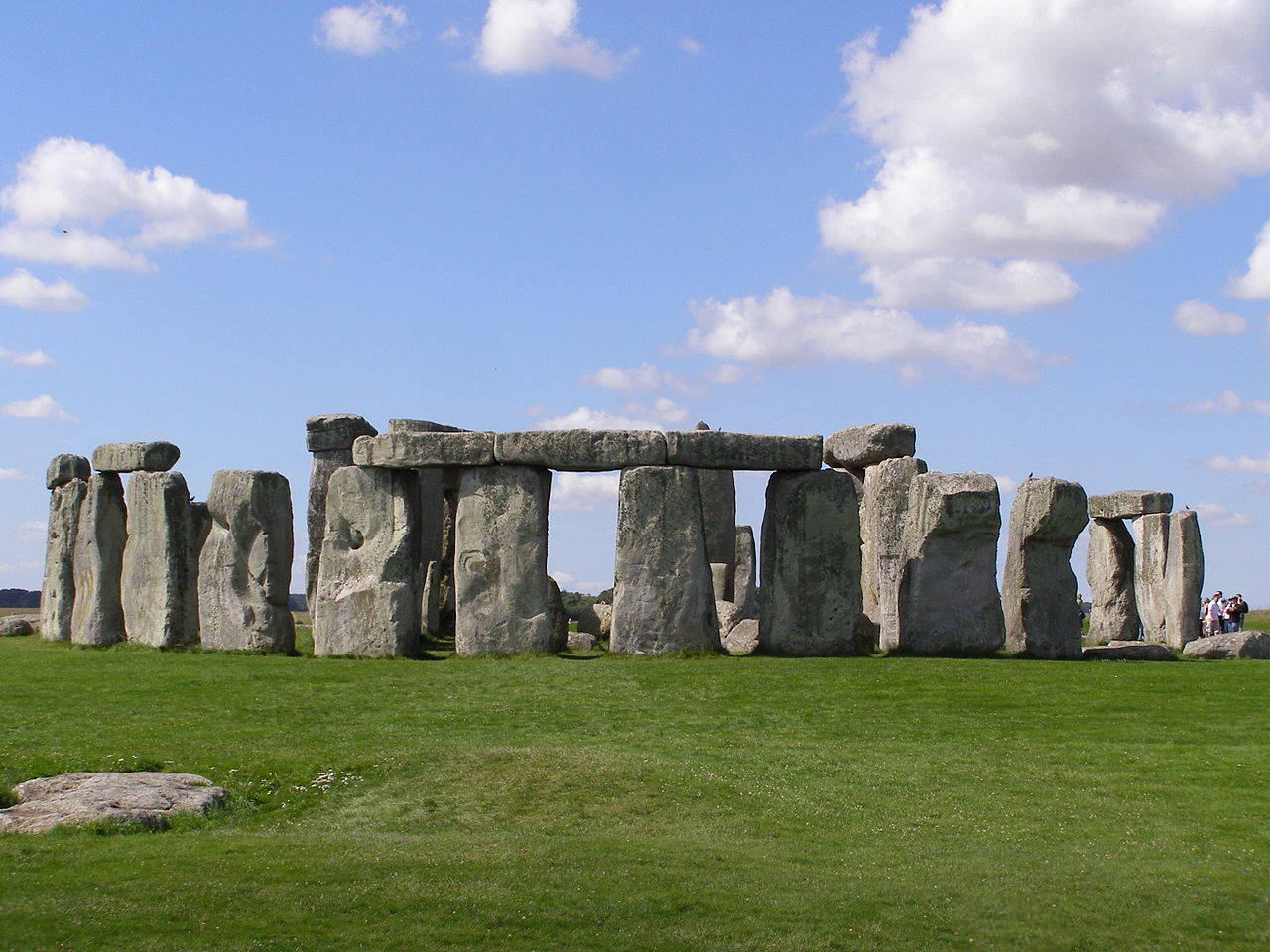
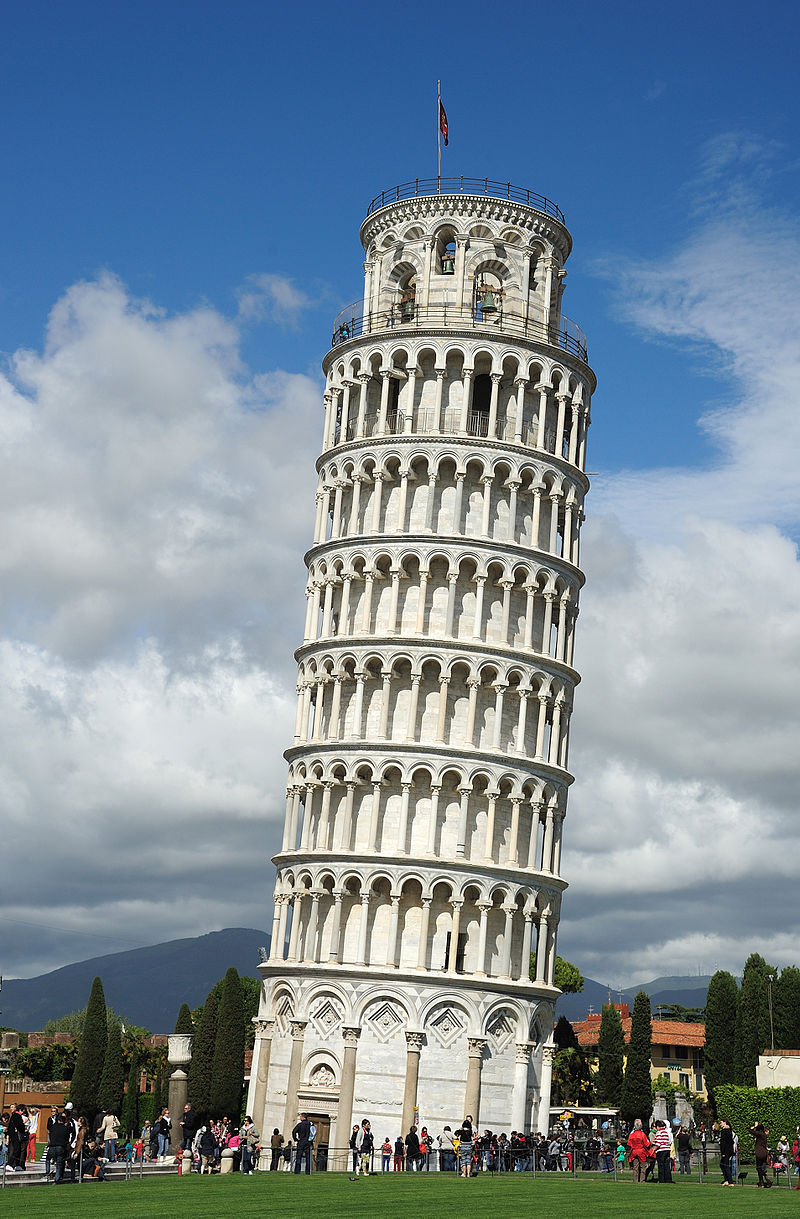
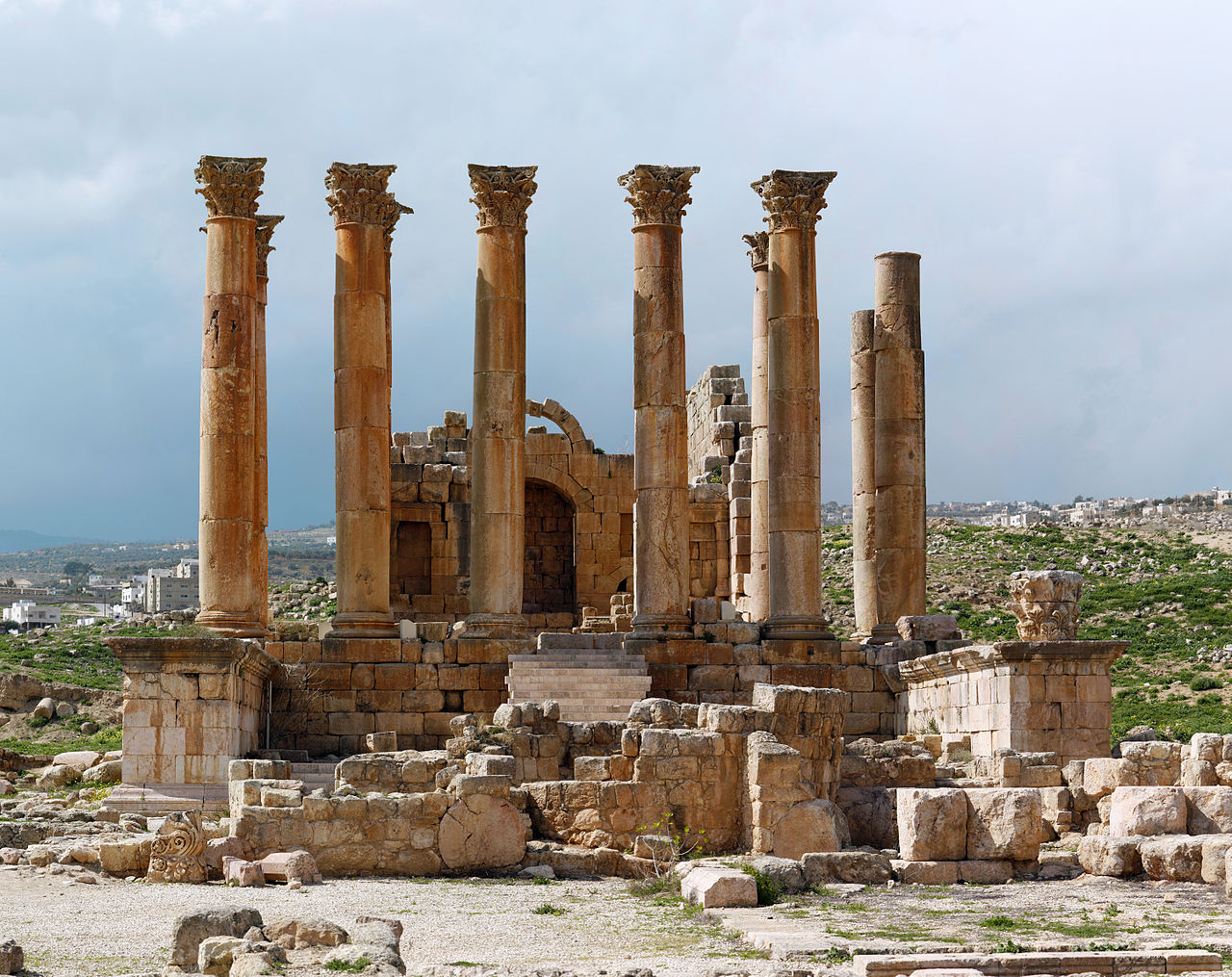
_and_the_Hornblower_Niagara_Cruises_boat;_Niagara_Falls.JPG)

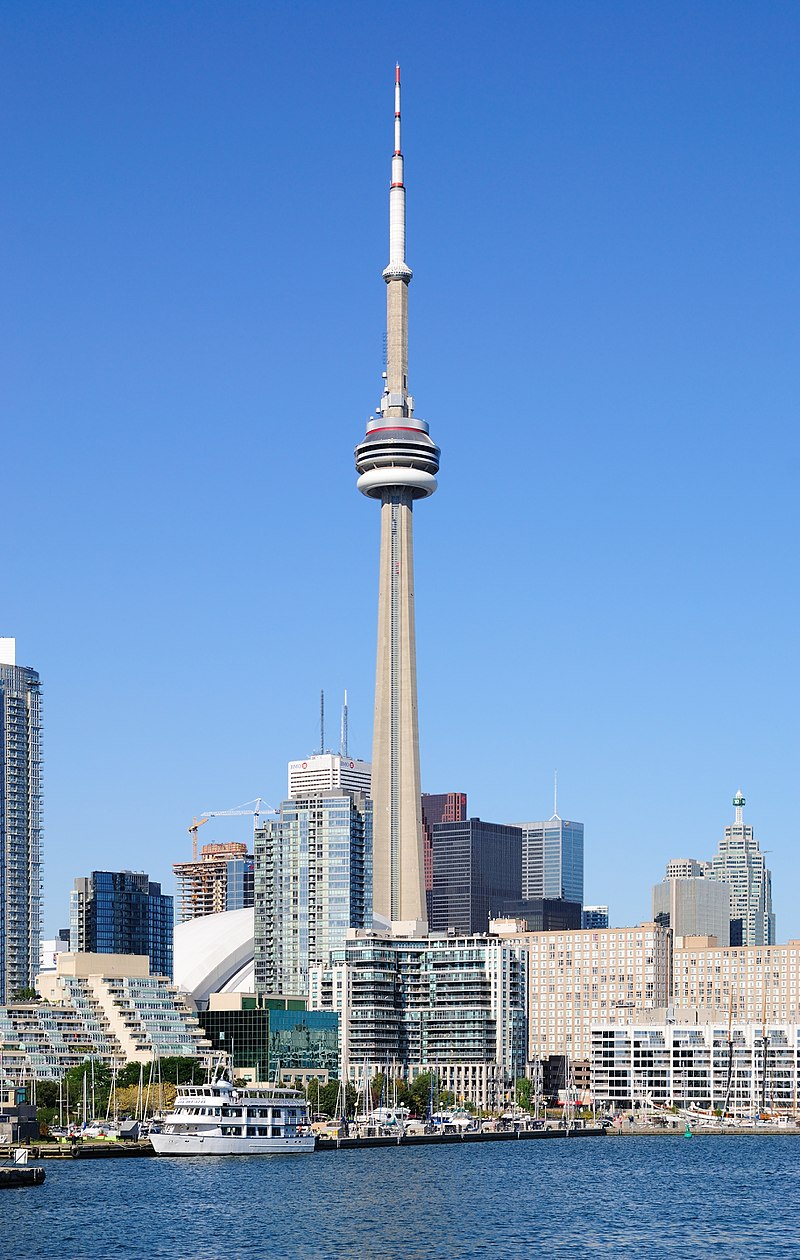
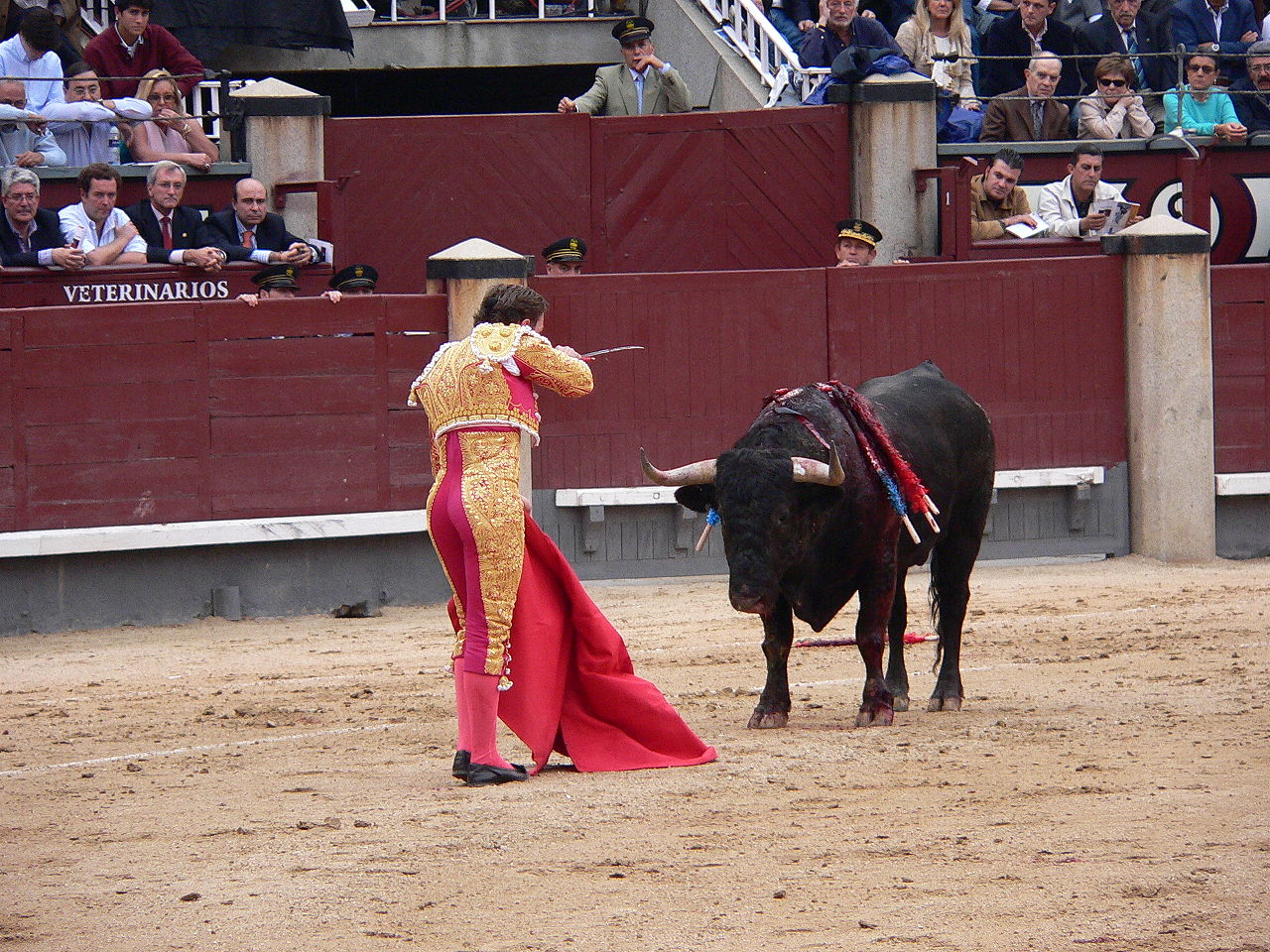
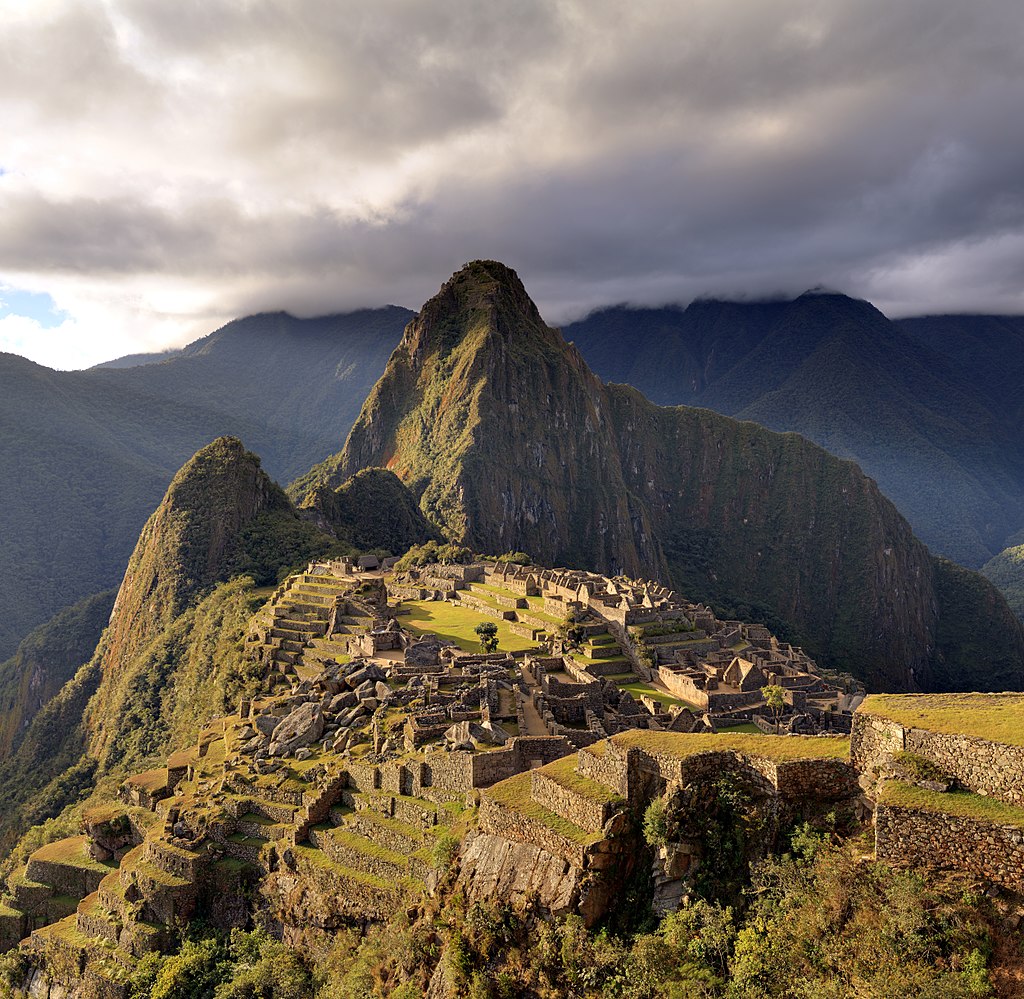
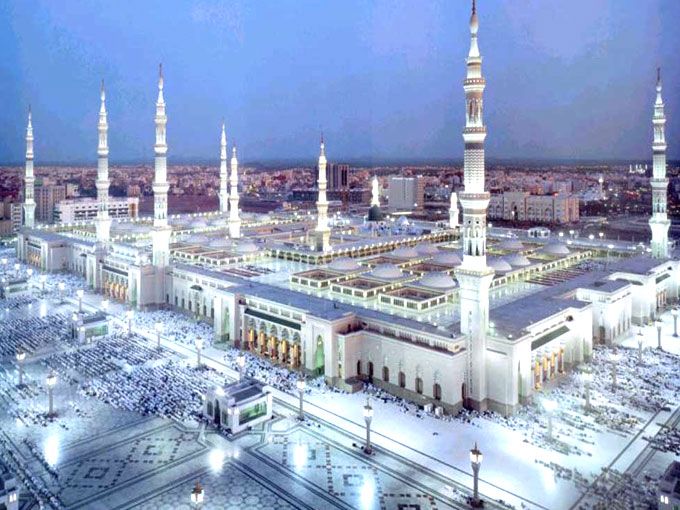
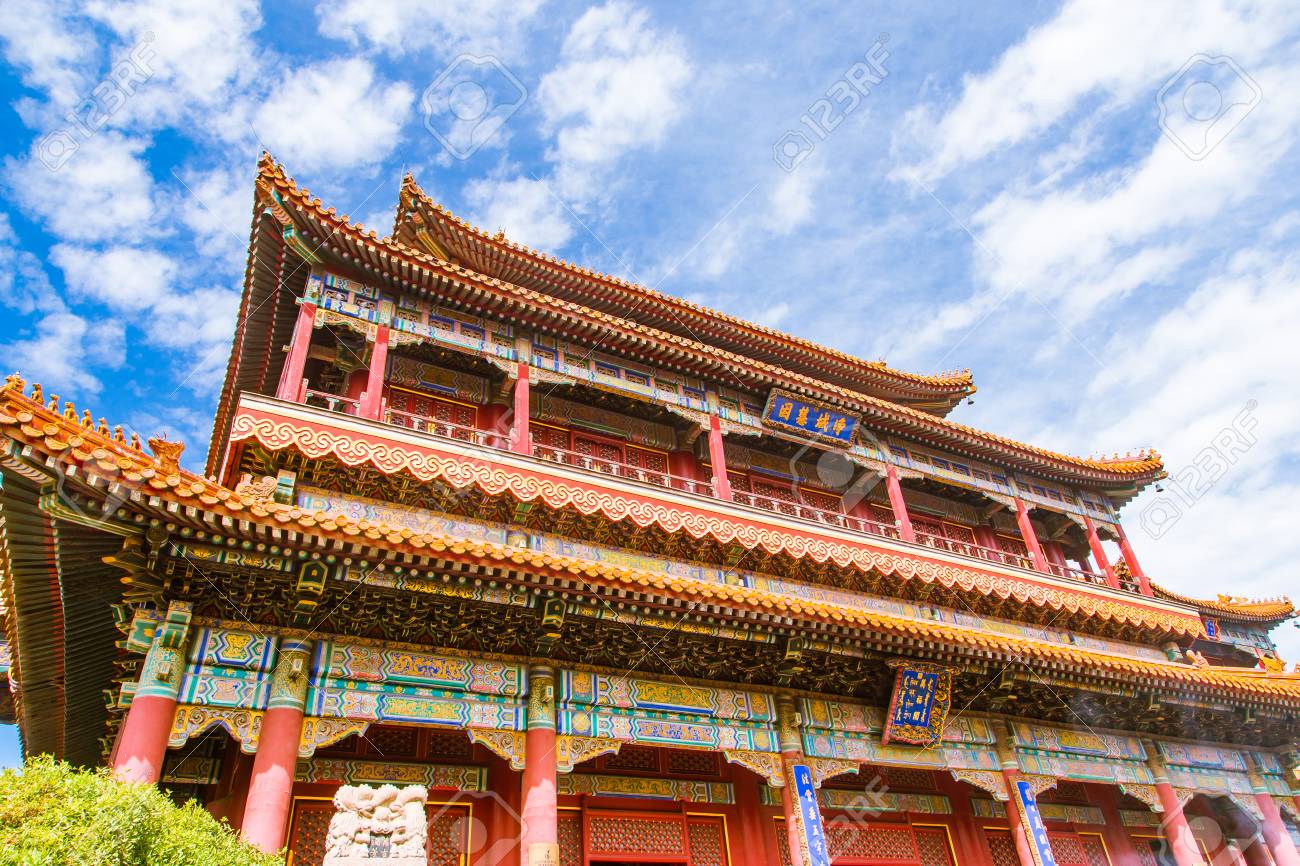
-Temple_Mount-Dome_of_the_Rock_(SE_exposure).jpg)
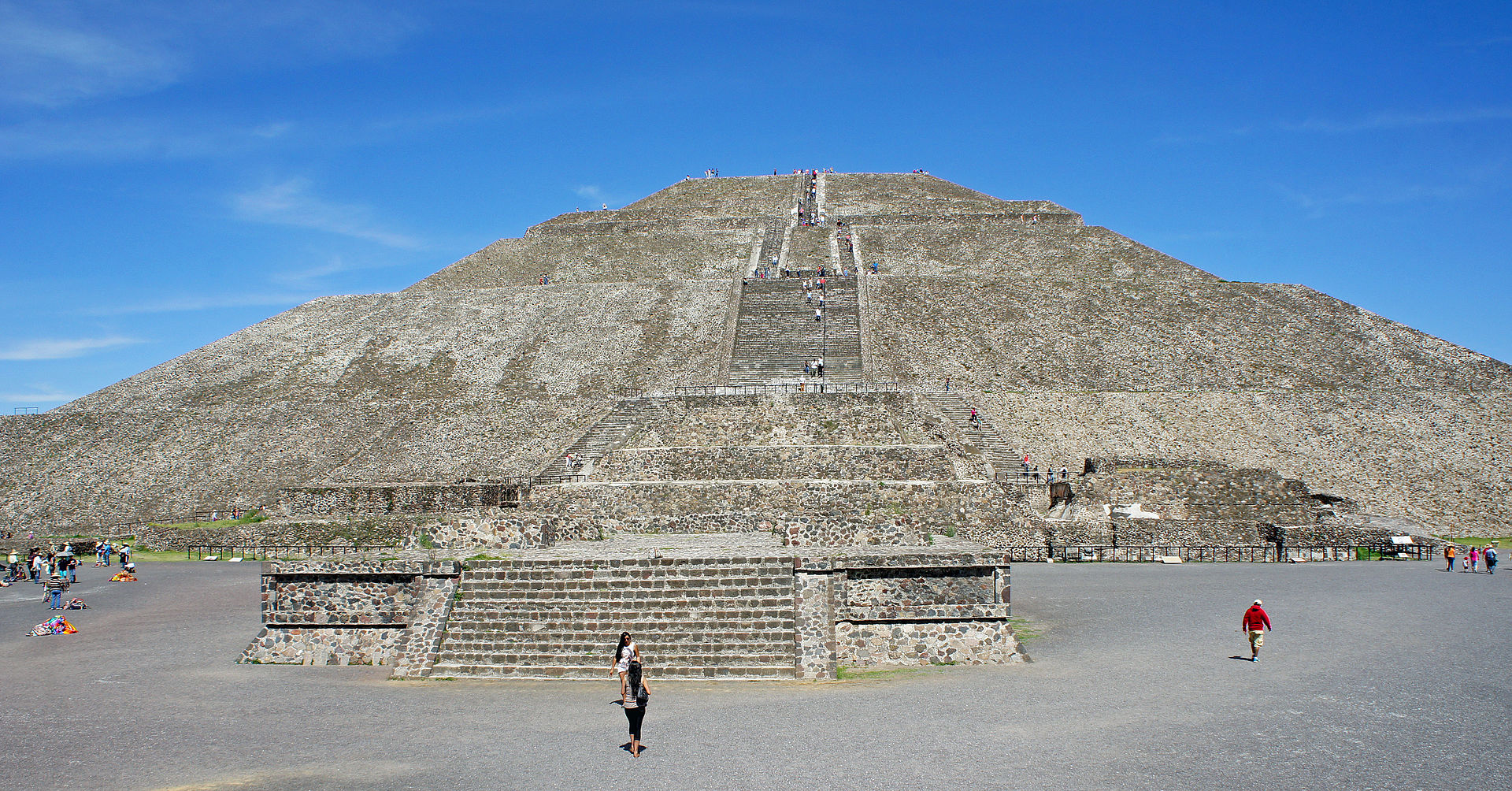
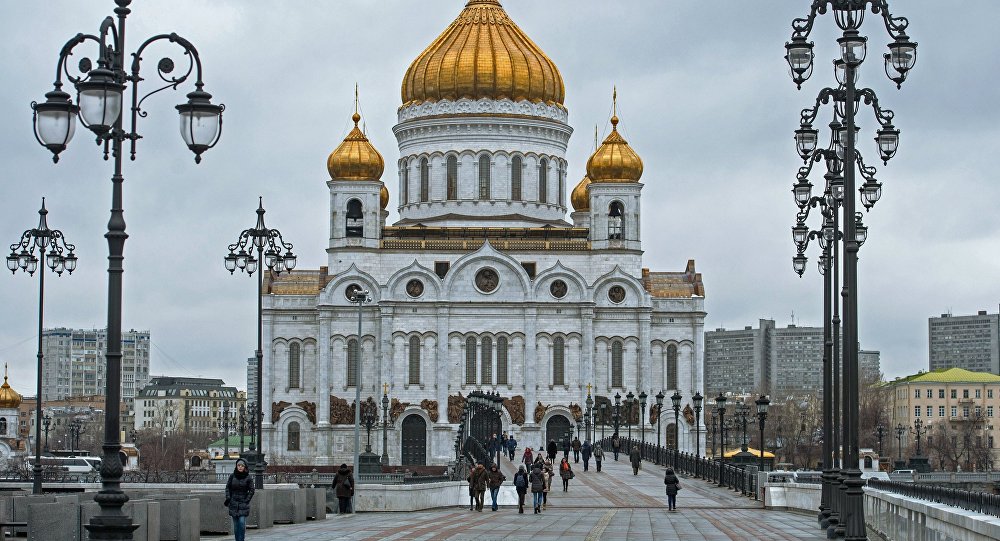
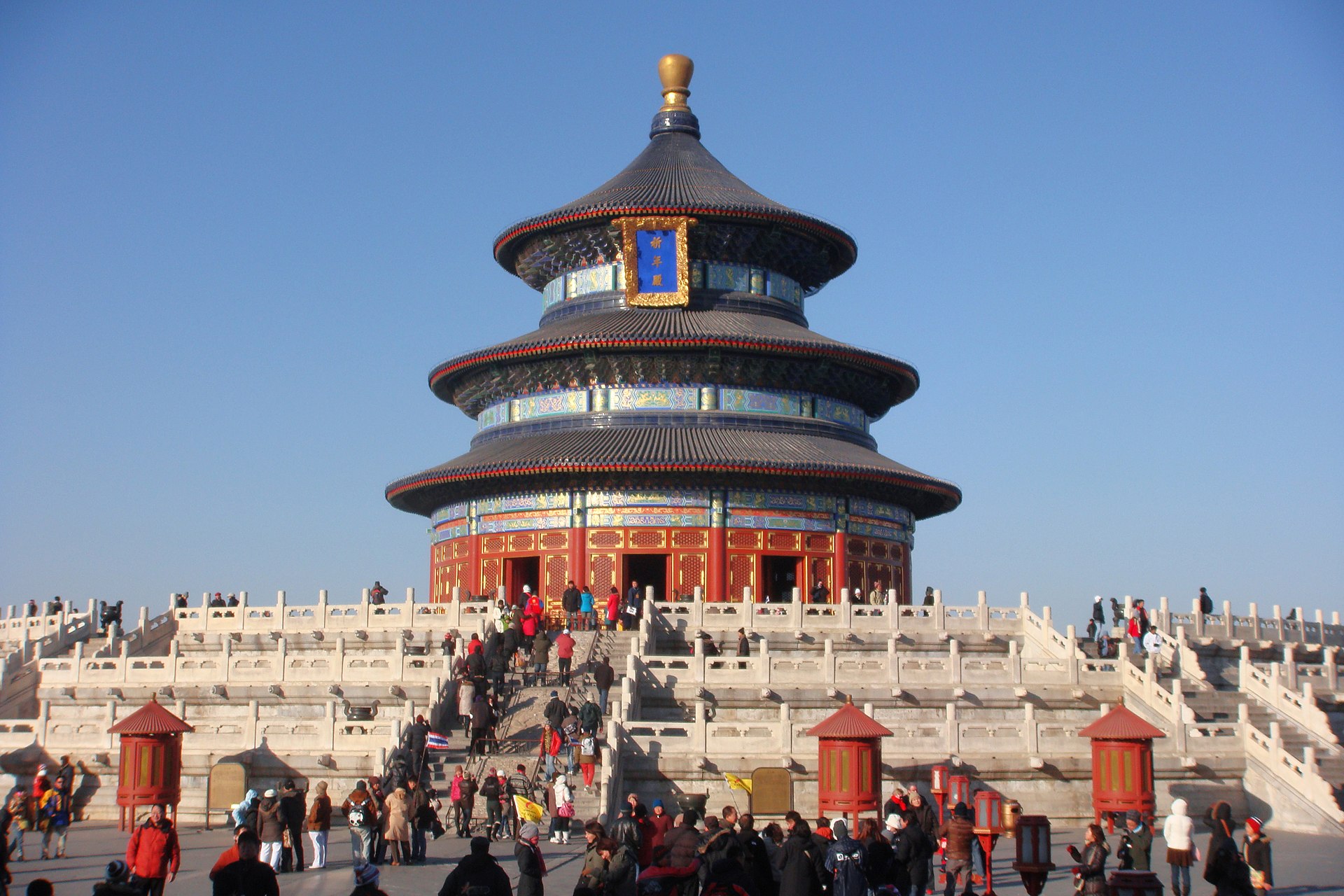
.jpeg.jpeg)
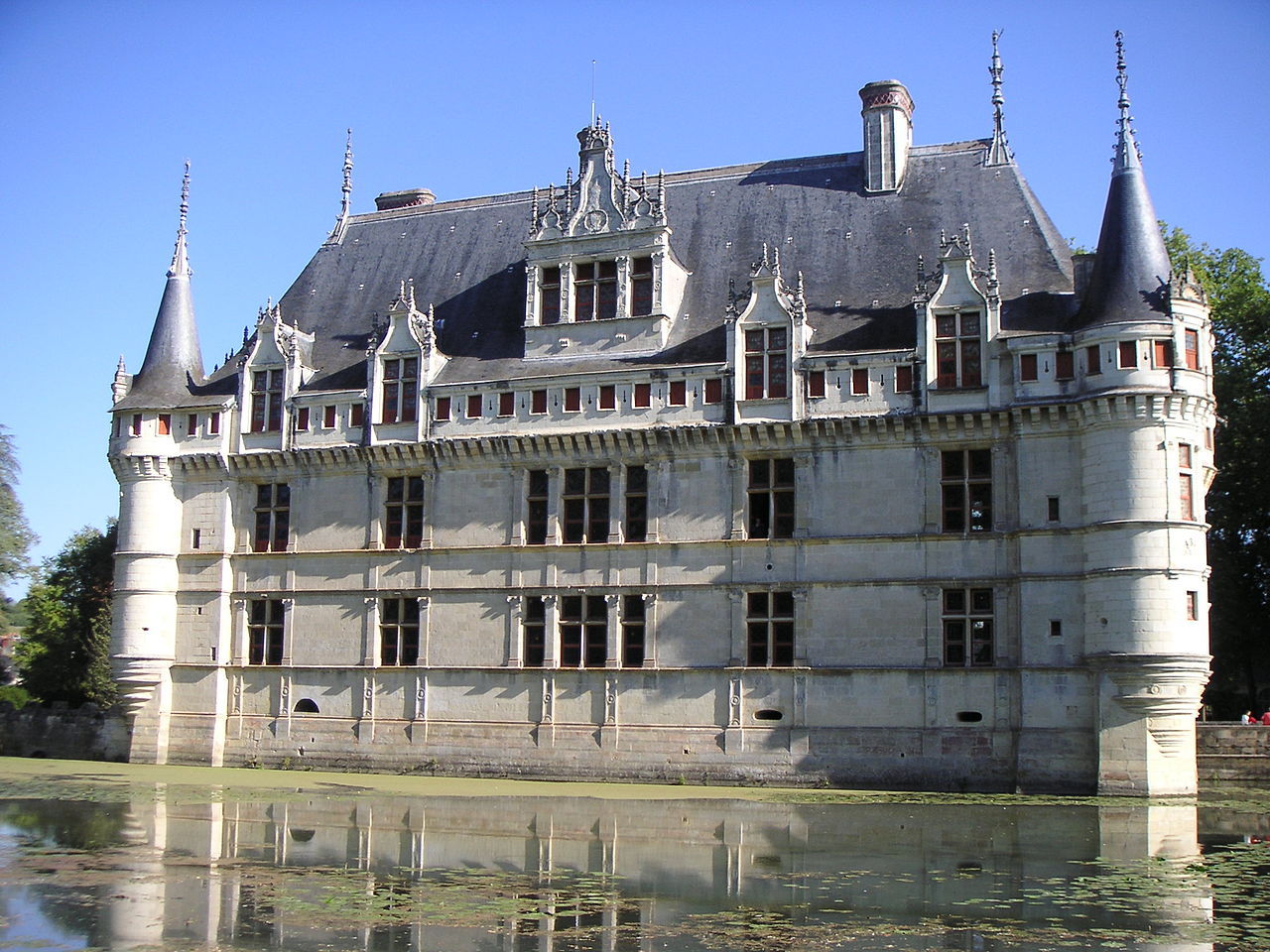
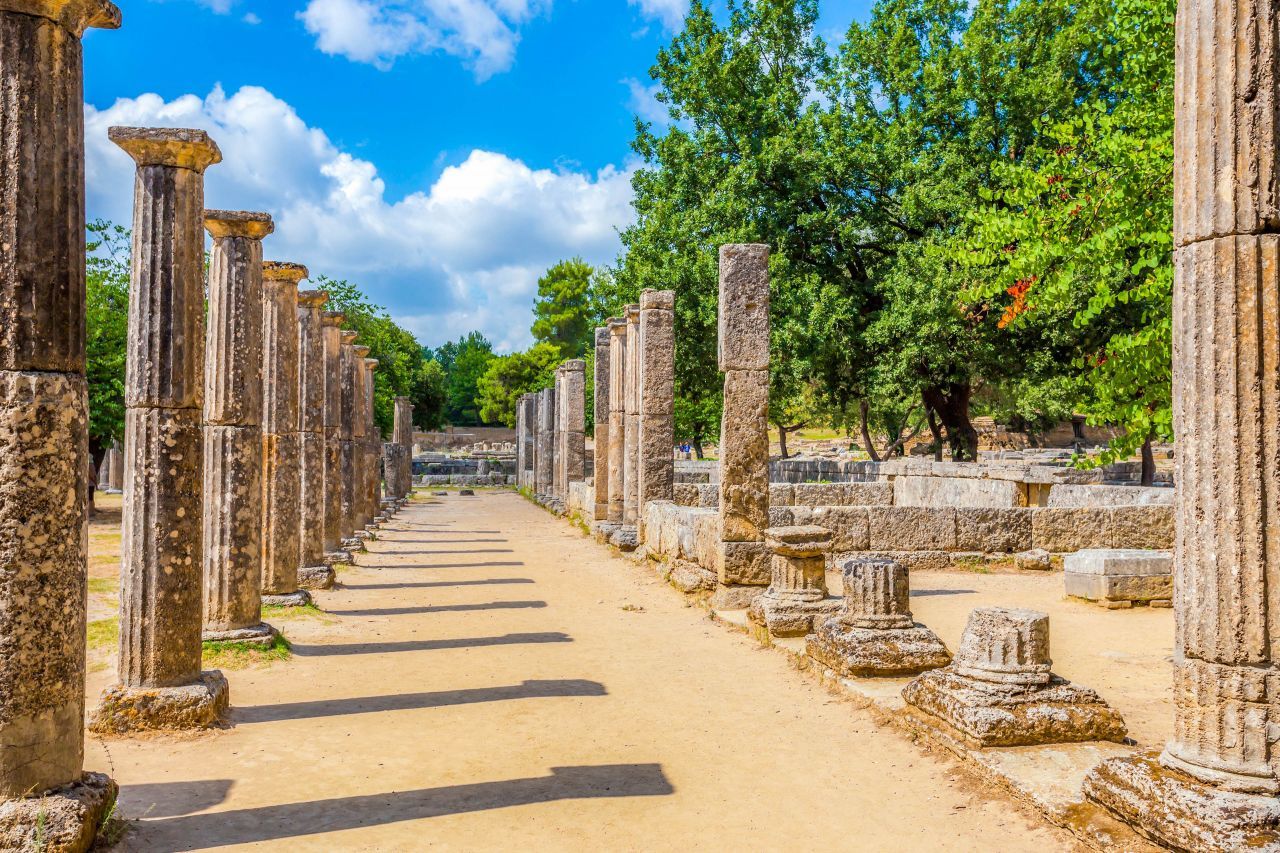
.jpg)
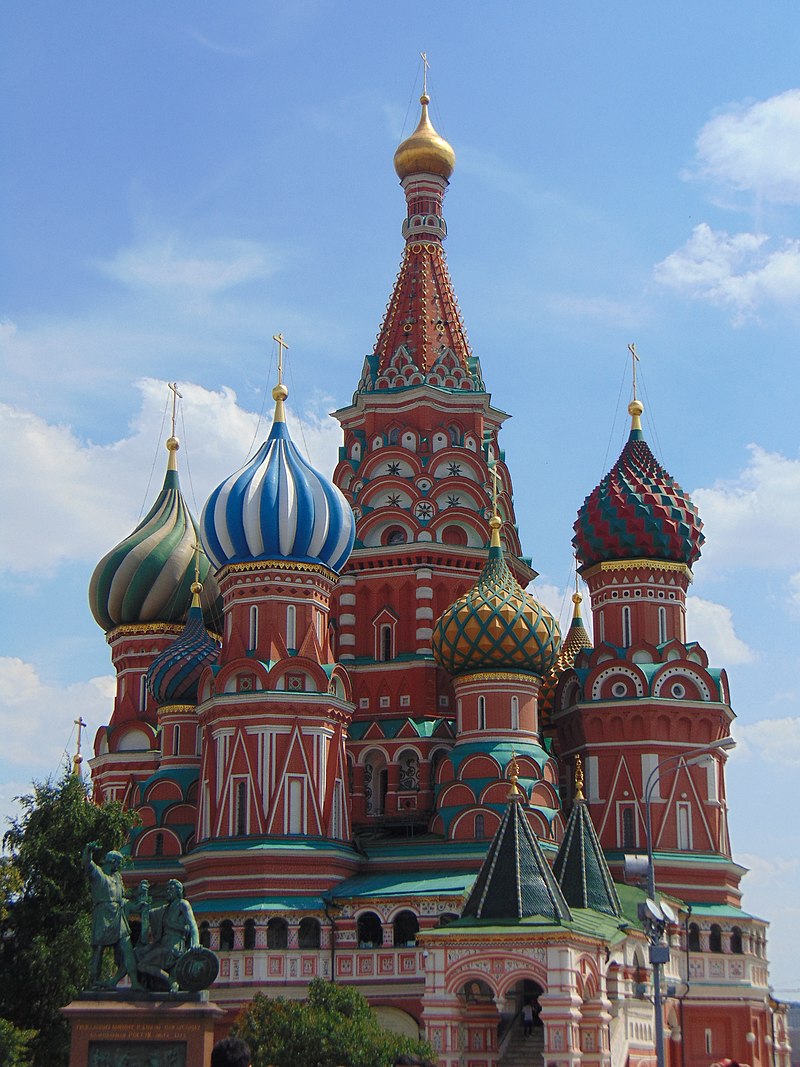
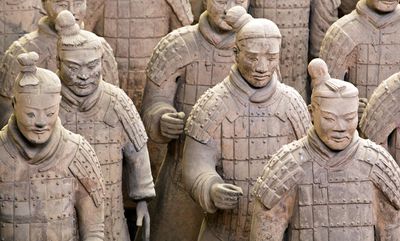
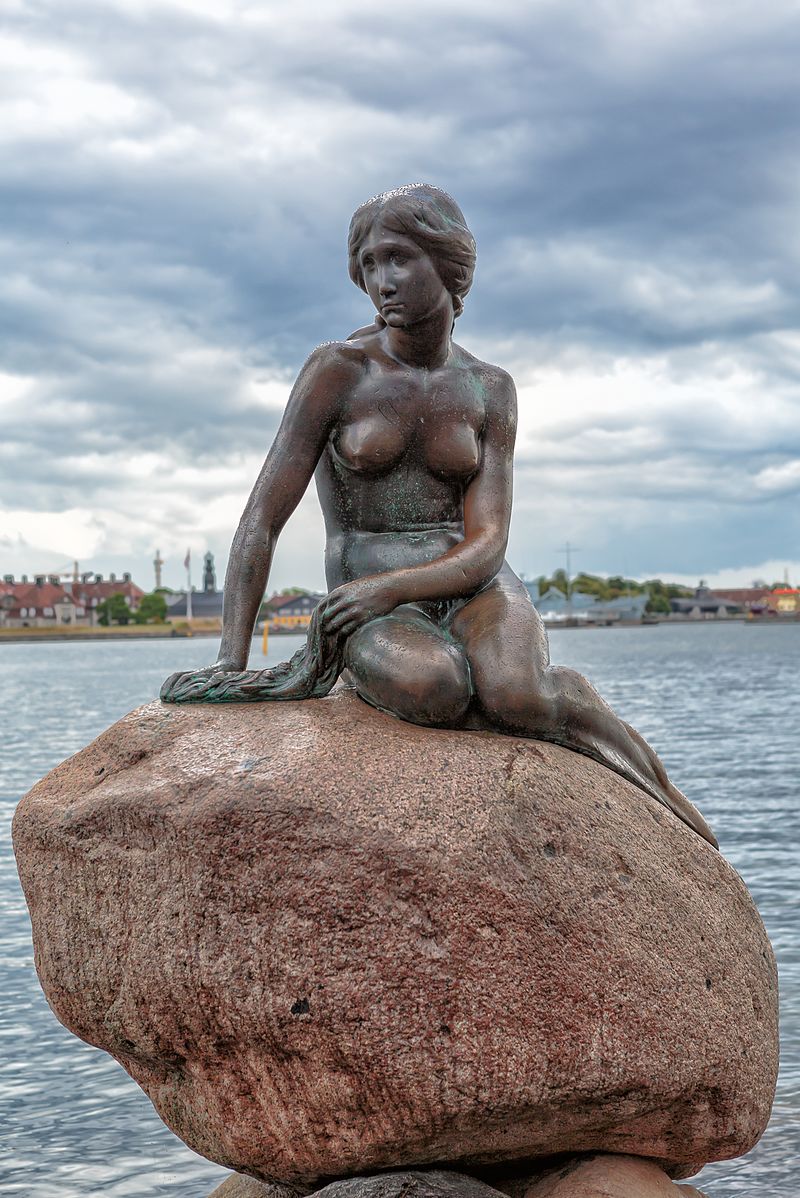
.jpg)
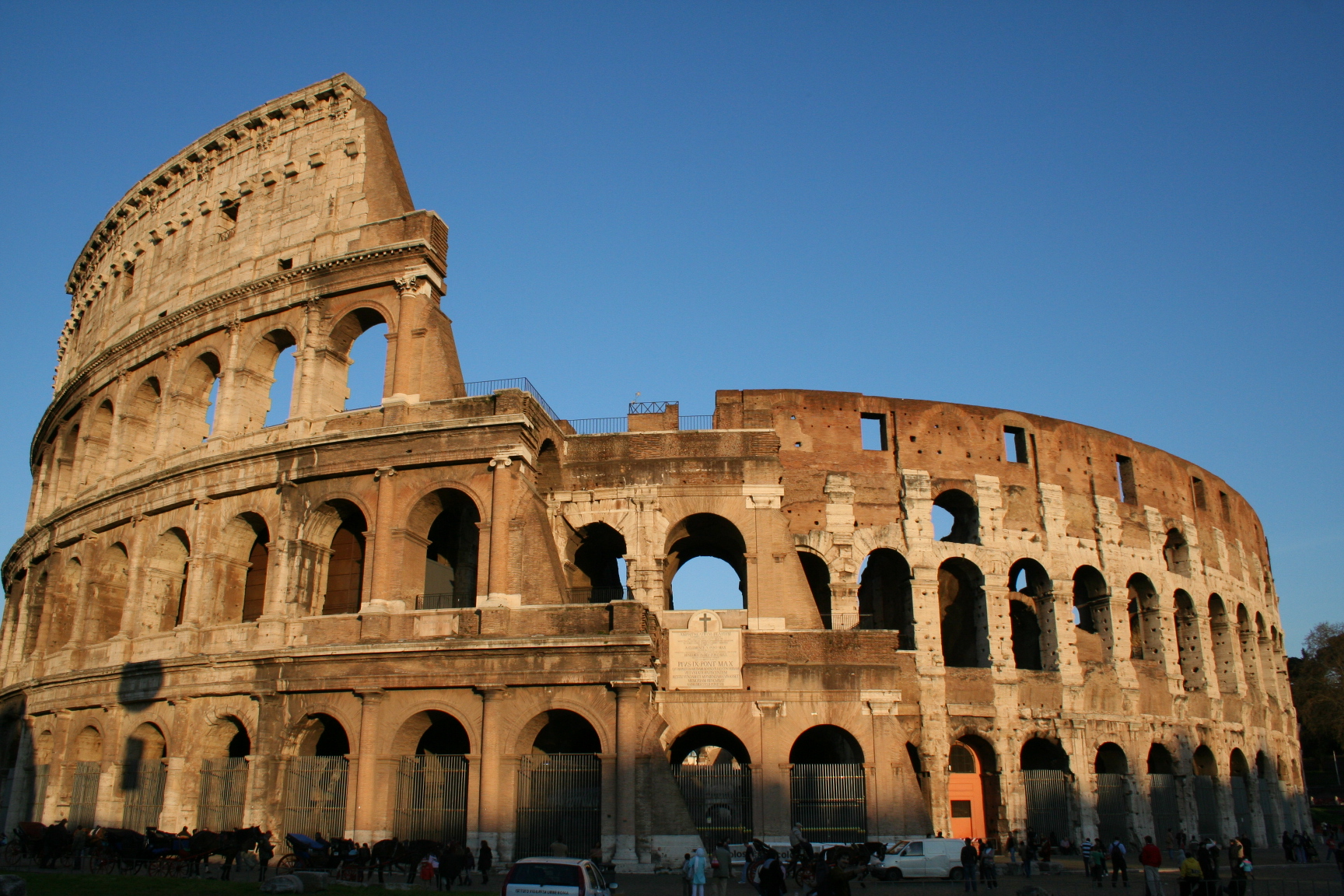
_-_Google_Art_Project.jpg)
.jpg)

